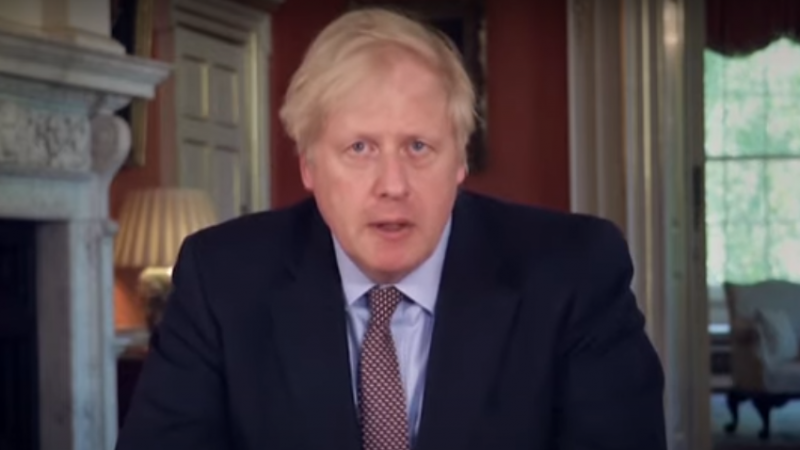'The government’s response to the pandemic has too often been undermined by misunderstanding the role of science advice and using it inconsistently'

The government failed to consult scientists on Eat Out to Help Out and SAGE weren’t told about the return of university students until the last minute.
These are just two of the ways the government failed to communicate their plans for lifting coronavirus restrictions to experts, a new Institute for Government report has found.
The government has often misunderstood the role of scientific advice during this pandemic. In the case of the first lockdown, scientific advice was there to inform the government’s decision, but the decision to lock down was ultimately one only politicians could make. And yet this was masked behind the ‘follow the science’ mantra, which in turn led to the lockdown being delayed.
Communication between experts and the government was also inconsistent when it came to lifting coronavirus restrictions from May this year.
Scientists were not consulted on the Eat Out to Help Out Scheme in August, which saw customers get a 50 per cent discount on food and drink at any participating restaurant (which was many) from Monday to Wednesday to encourage people to spend money and help businesses recover. The government then paid the remaining 50 per cent.
Yet scientists have come out to call this “epidemiologically illiterate” given the risk that encouraging loads of people to mix with other households in restaurants and pubs causes.
SAGE was also consulted far too late on the return of university students to campuses in the autumn to be able to offer any useful advice. The result was tens of thousands of students getting Covid-19, having to stay locked away in their accommodation, potentially spreading it to surrounding communities and a lot of university teaching moving online anyway.
The report also found there has been huge confusion around government messaging.
“Haphazard communication of key public health messages has switched between alarm and reassurance, while failing to drive home key points such as the risk of gathering indoors,” the report read.
A lack of evidence behind decisions, such as the move to reopen schools in June, has also undermined general confidence in certain policies.
The reported added: “While ministers have faced extraordinarily difficult choices, the government’s response to the pandemic has too often been undermined by misunderstanding the role of science advice and using it inconsistently.”
It’s been determined that generally SAGE has responded well, especially considering the pressure it’s under and the fact it’s an ad hoc body. It’s main criticism has been the lack of diversity of disciplines within in its membership – there’s a lack of external public health experts while epidemiologists and modellers often dominate the discussion.
While a vaccine is now being rolled out, there’s still a long way to go in tackling this virus and so the report sets out how the government can make immediate improvements to how it uses scientific advice and therefore how it handles this pandemic and the constant developments that come with it.
The first recommendation says the government must integrate scientific advice better with other forms of advice, such as economic advice. It suggests the Covid-19 cabinet committees uses a clear framework for decision-making which includes scientific, economic and other advice.
Secondly, it recommends the government improves the way it sets out trade-offs it is facing. The government has often been criticised for the decisions it’s made as people cannot see the evidence behind them. It must improve the way it sets out the basis of its decisions, including by publishing further economic analysis.
Thirdly, the government should improve the way it is communicating messages and updates. The haphazard way updates have previously been leaked prior to official announcements or confusion from politicians themselves around the rules has created understandable confusion among the wider public.
The appointment of a new press secretary and director of communications provides an opportunity to refresh the approach. The government should ensure that any new public health measures are first announced and explained in parliament. The purpose of press briefings should be clear and led by scientists more often.
You can find the full report here.
Lucy Skoulding is a freelance reporter at Left Foot Forward. Follow her on Twitter.
To reach hundreds of thousands of new readers we need to grow our donor base substantially.
That's why in 2024, we are seeking to generate 150 additional regular donors to support Left Foot Forward's work.
We still need another 117 people to donate to hit the target. You can help. Donate today.



